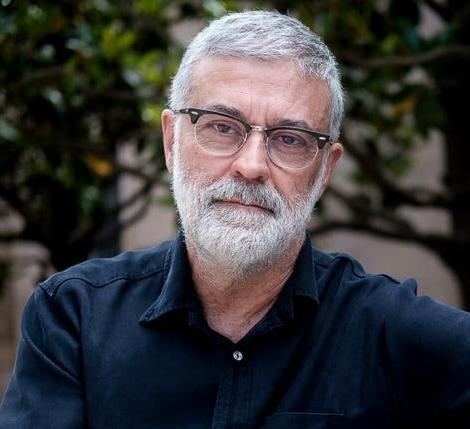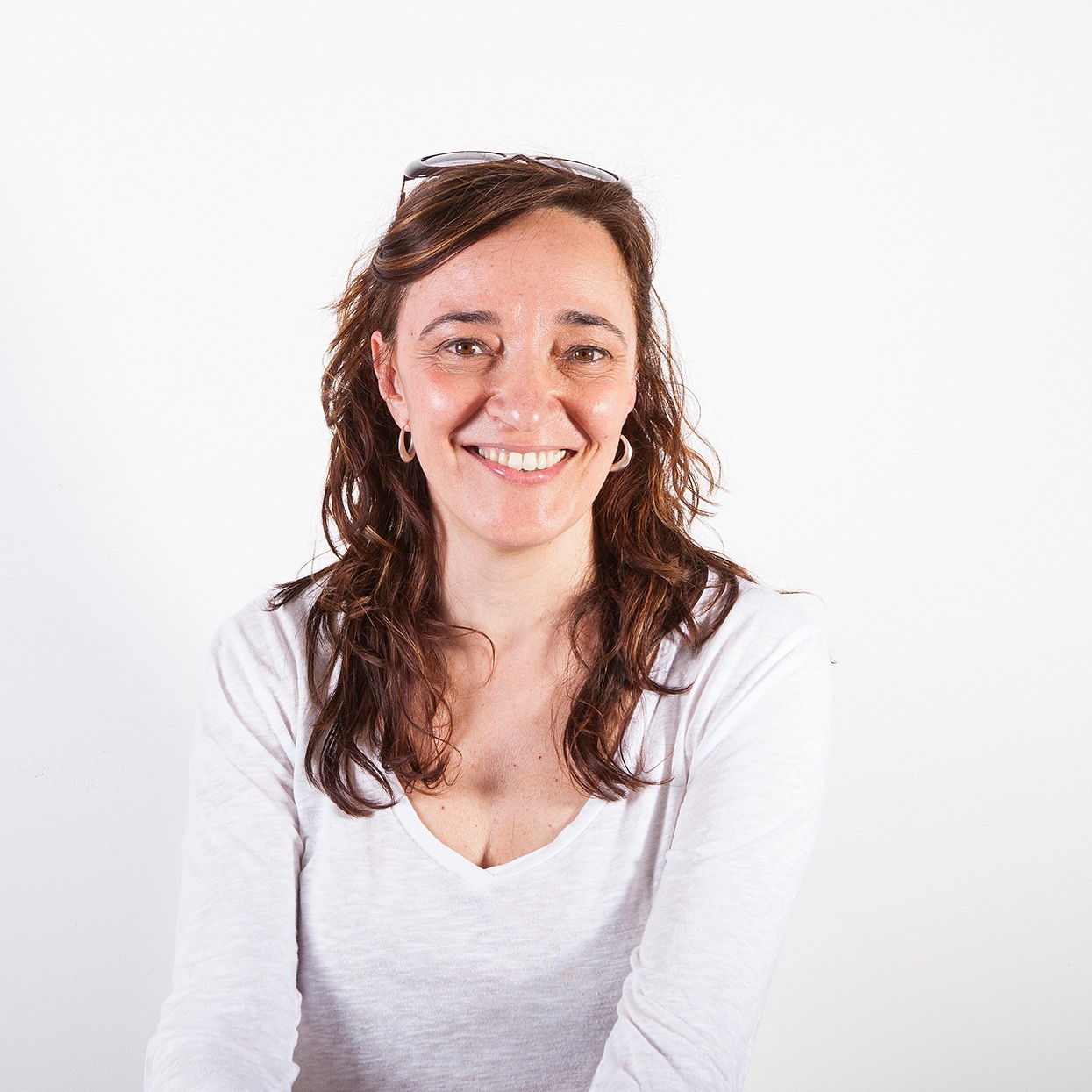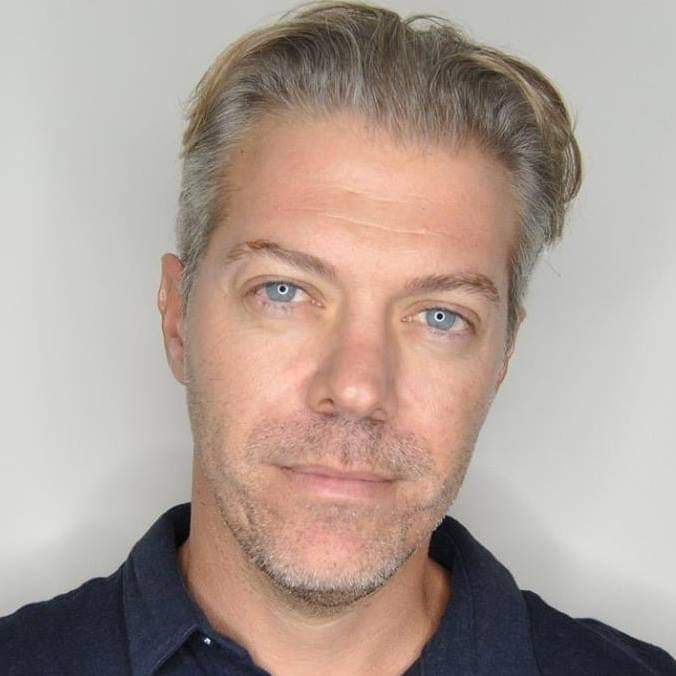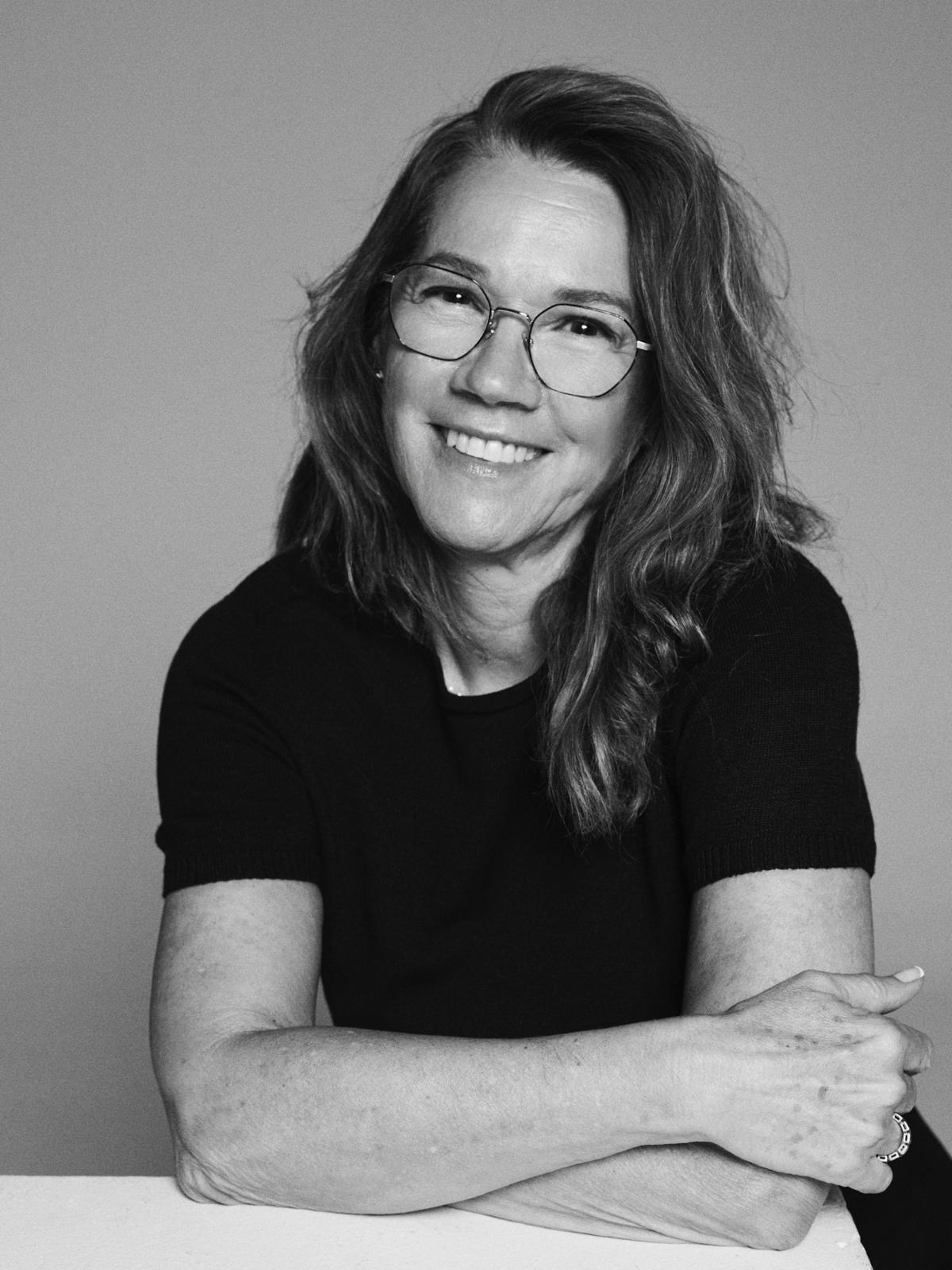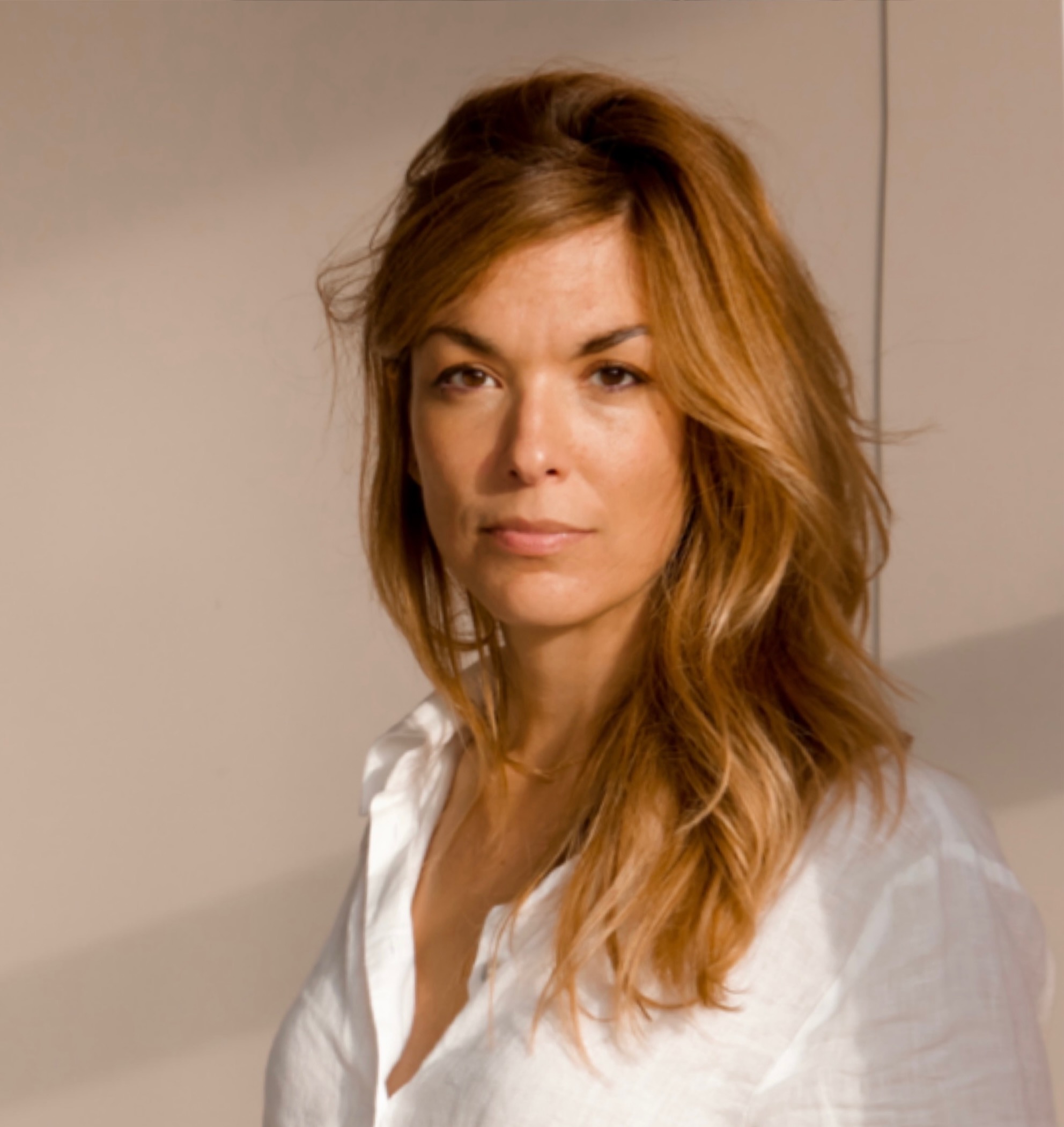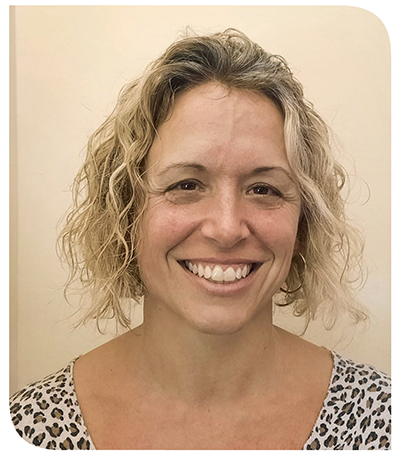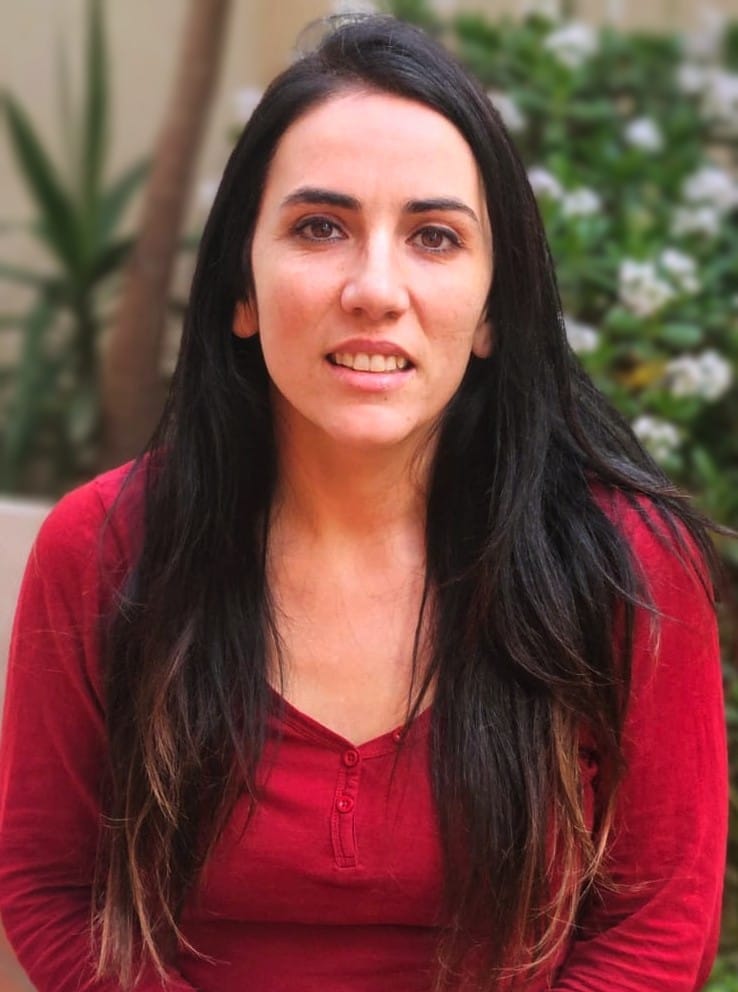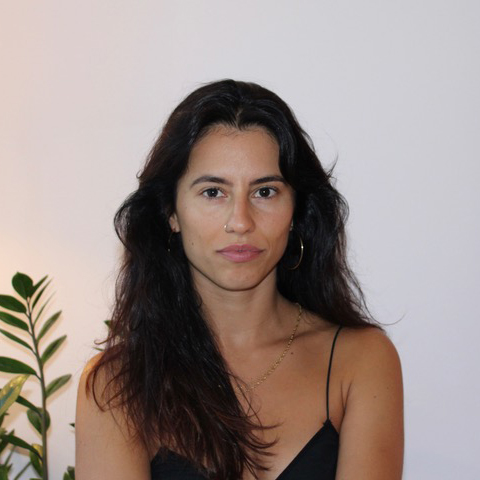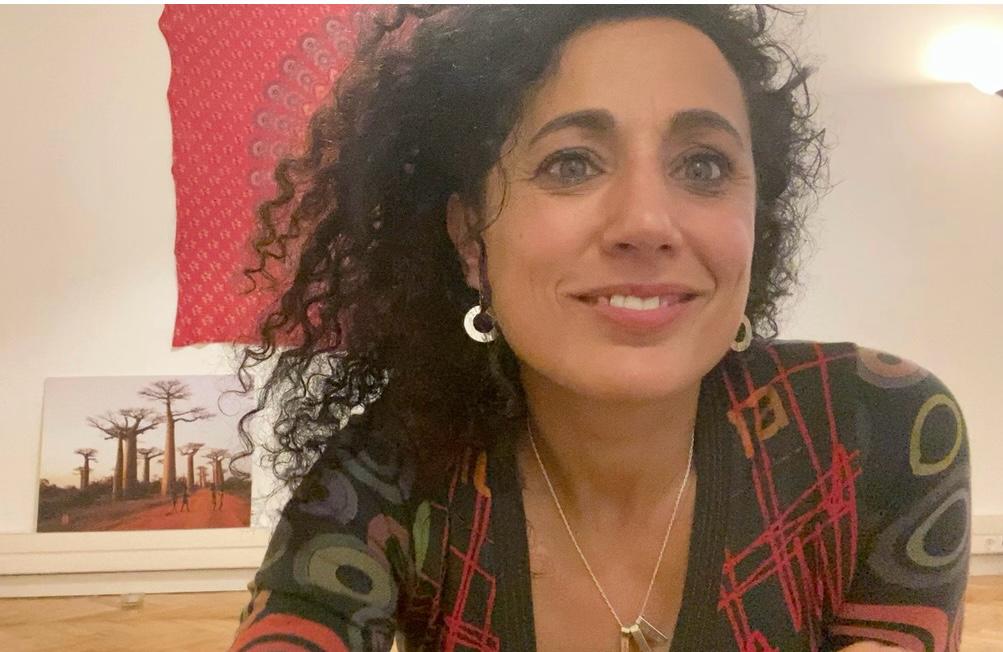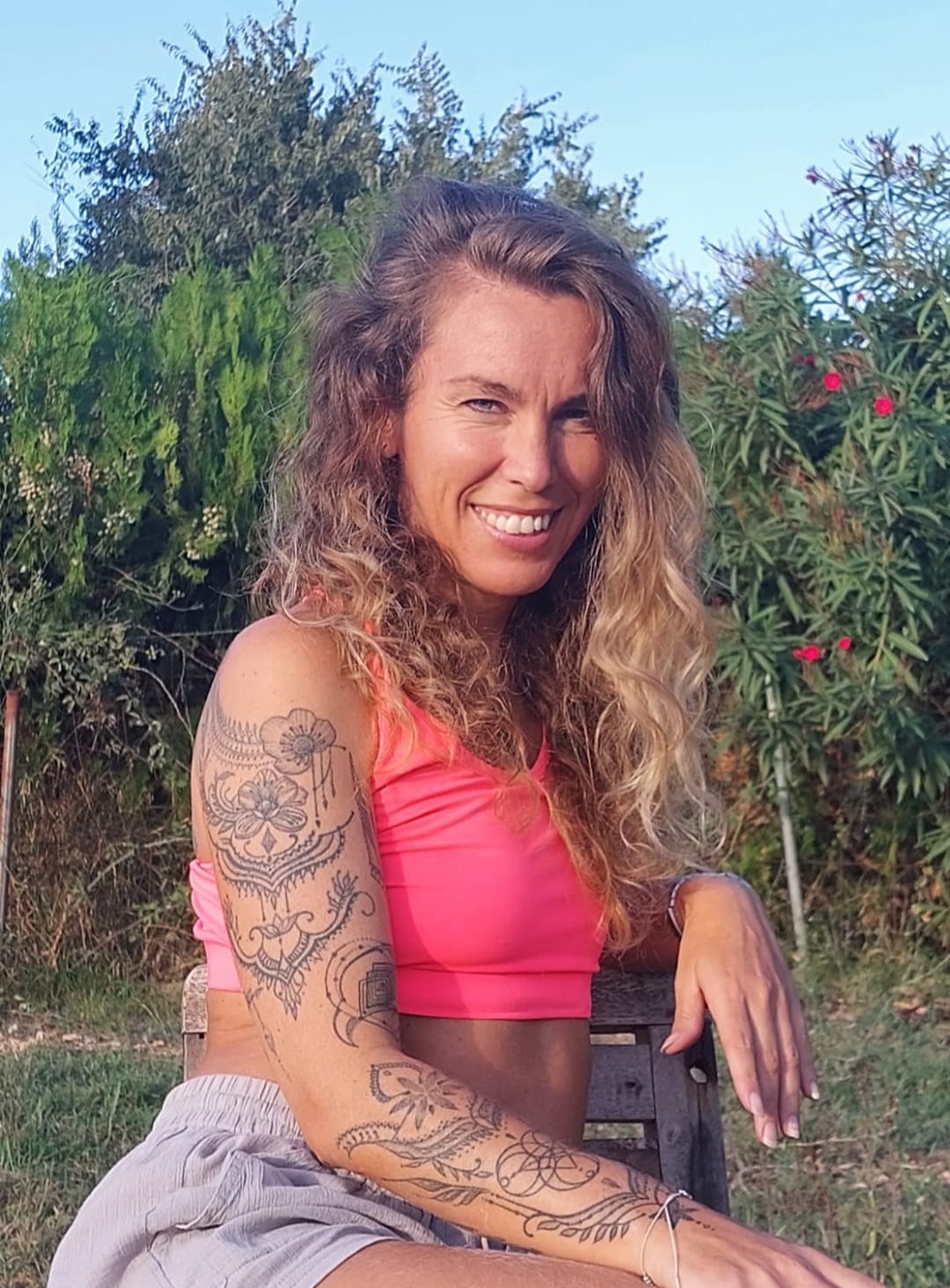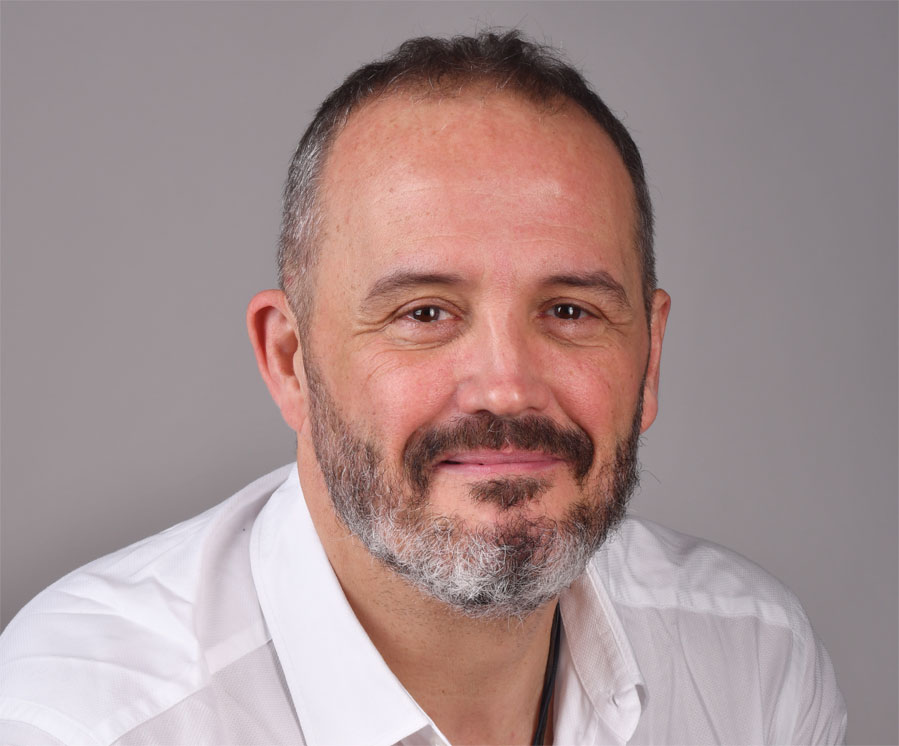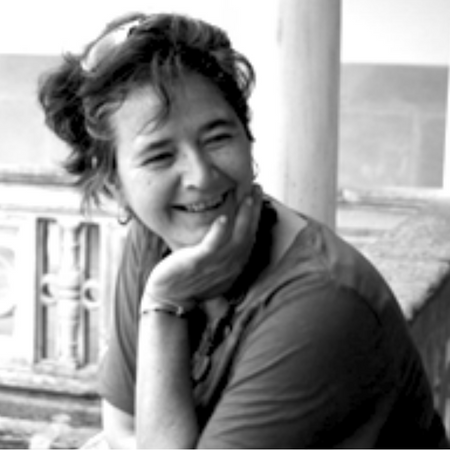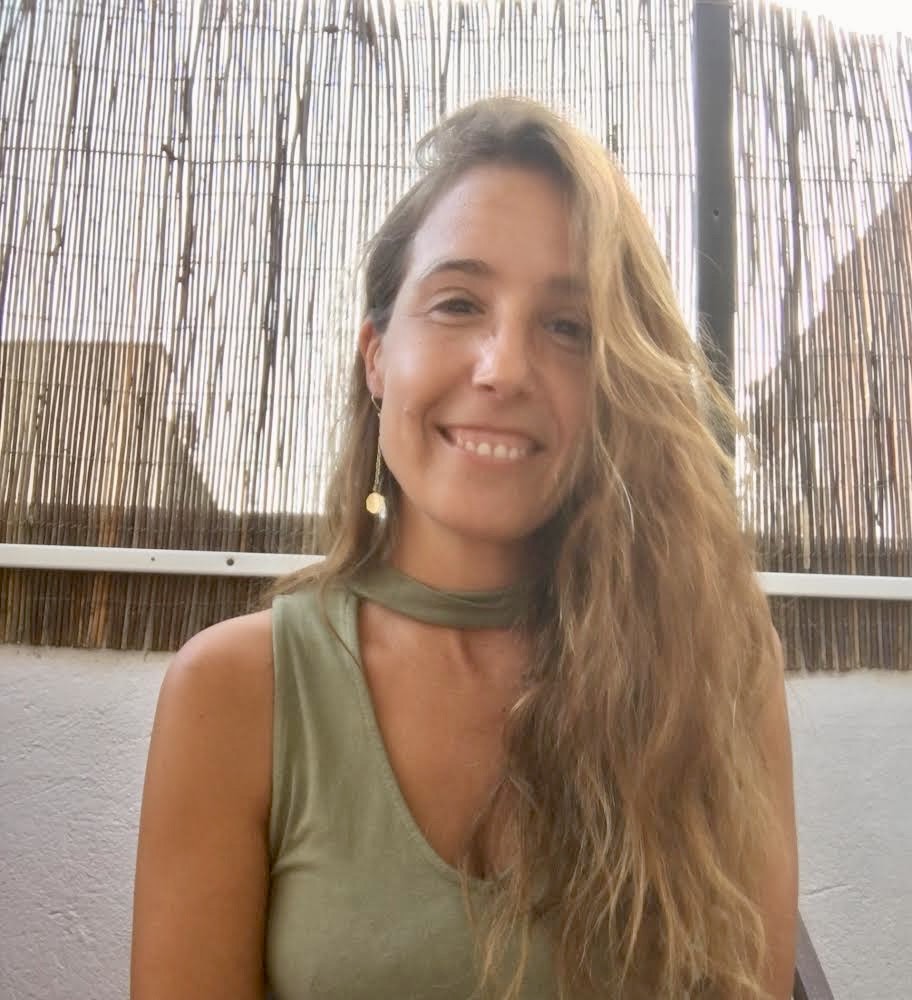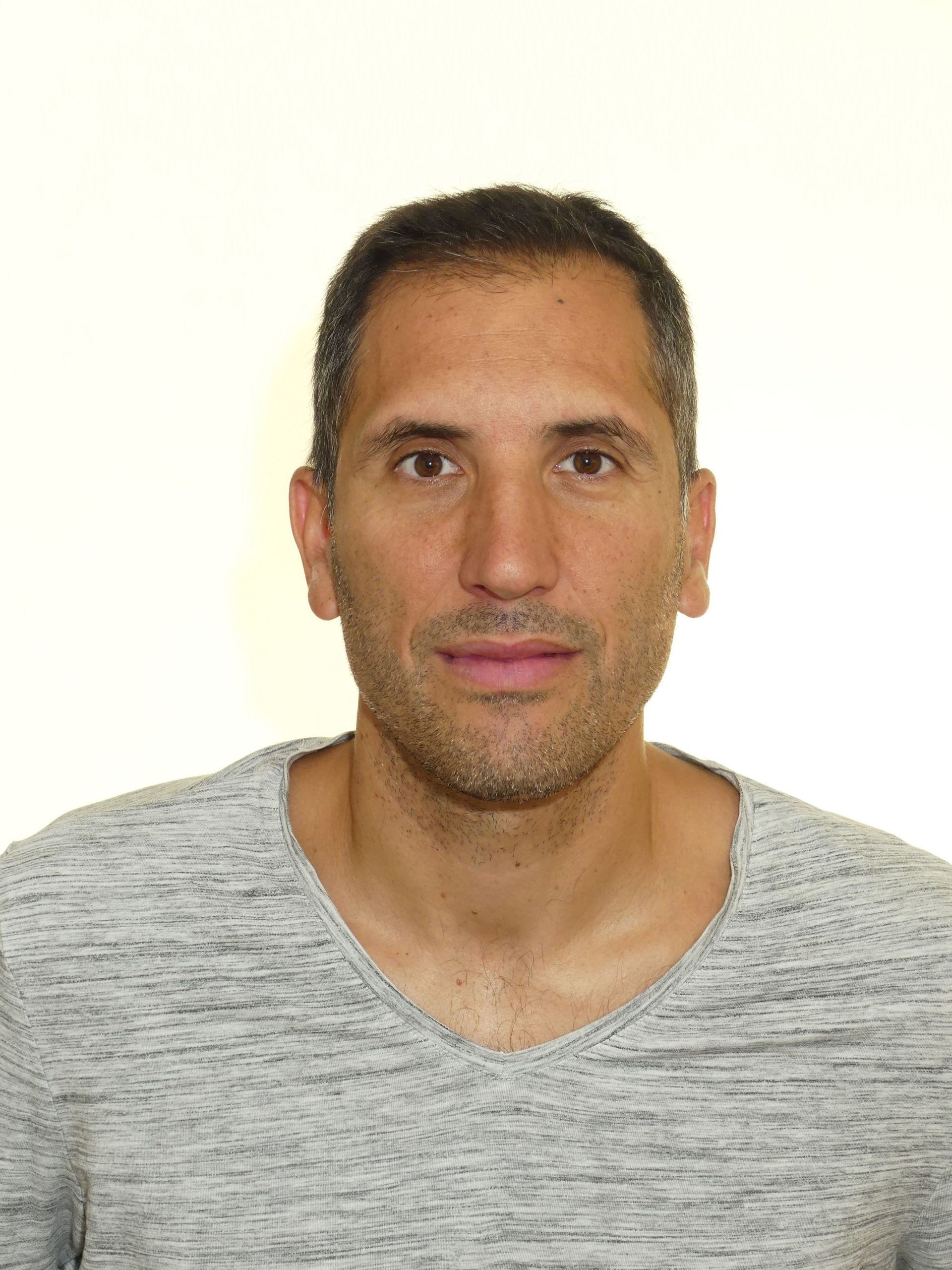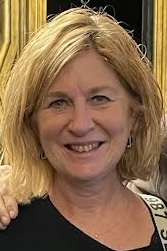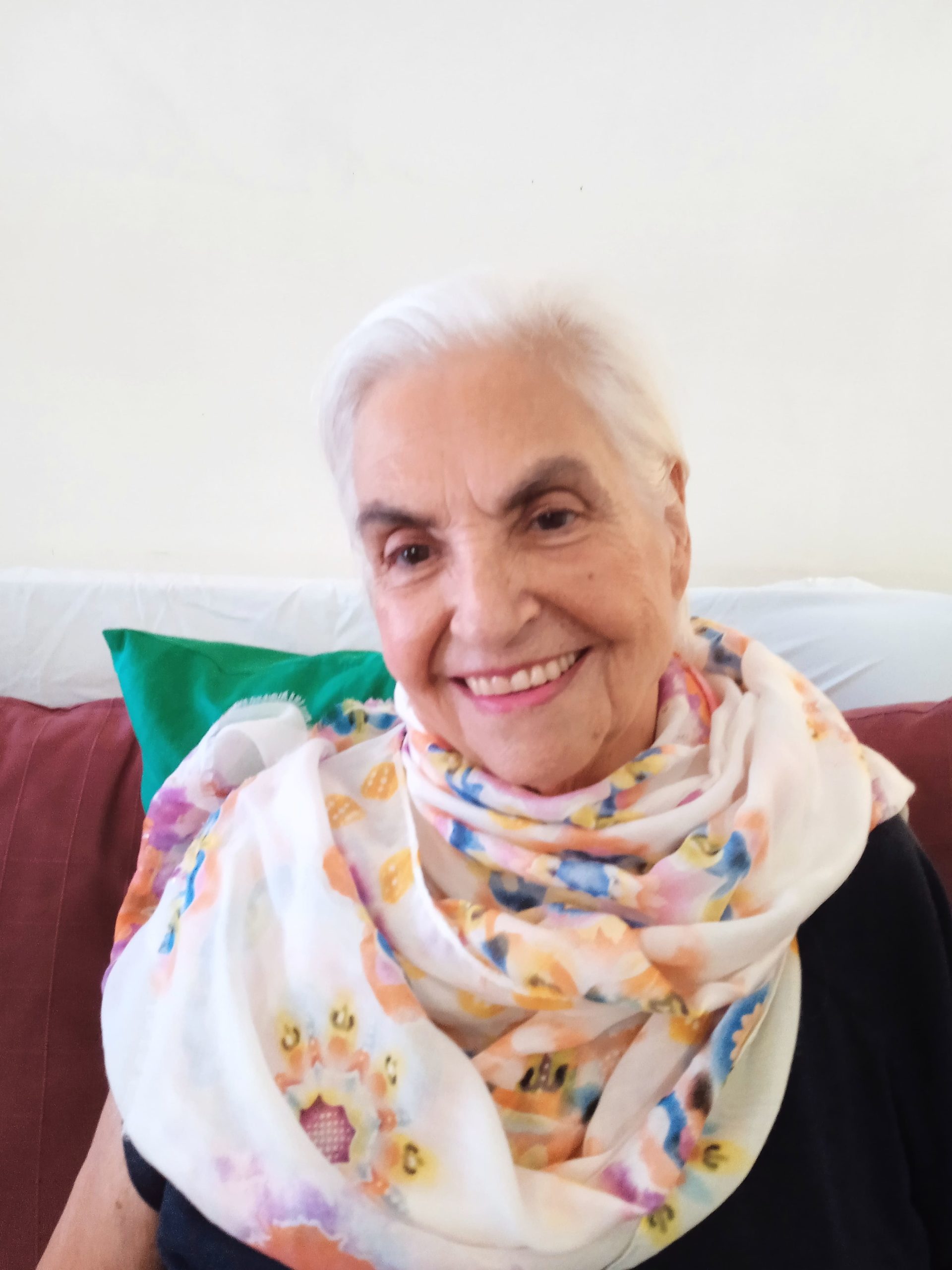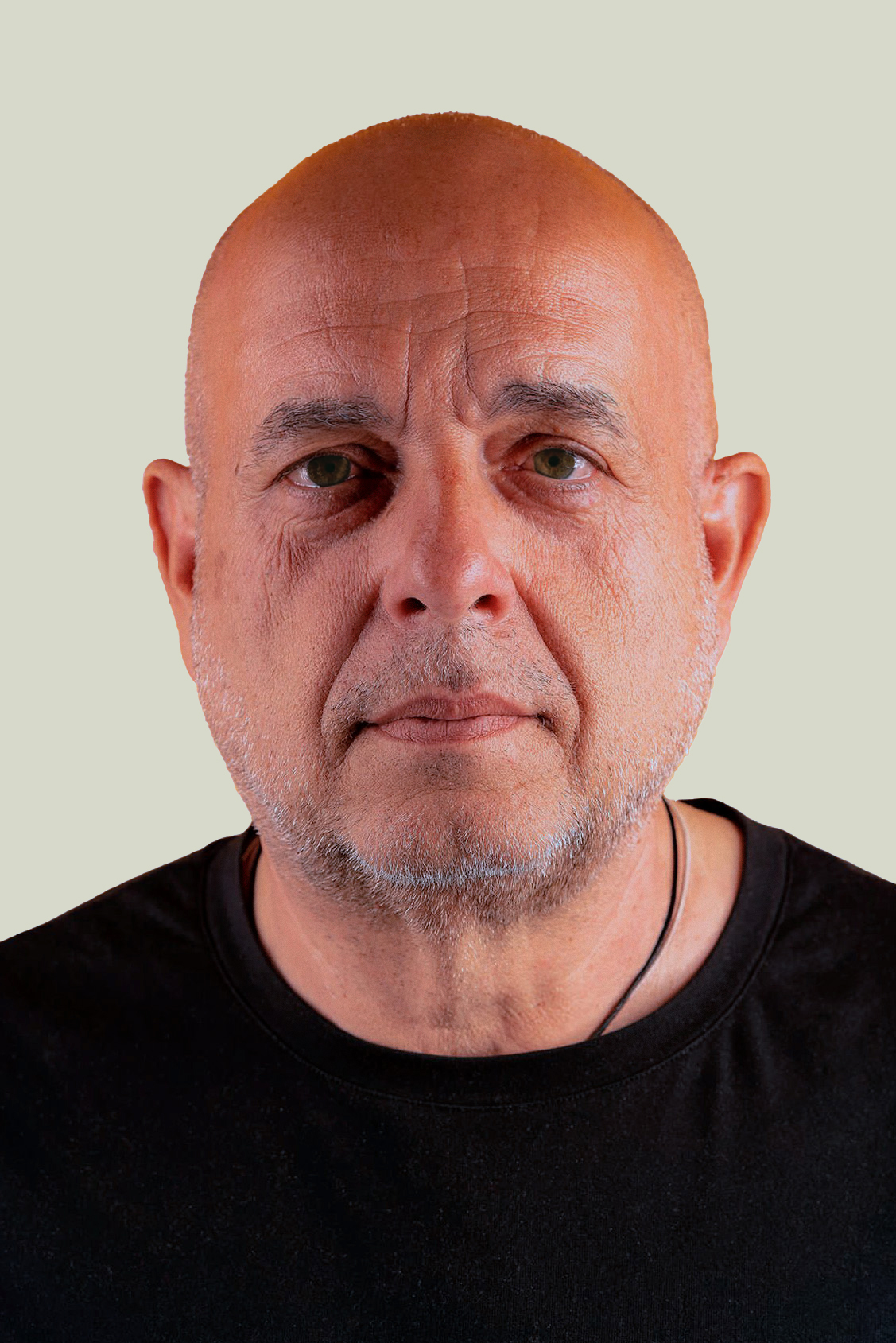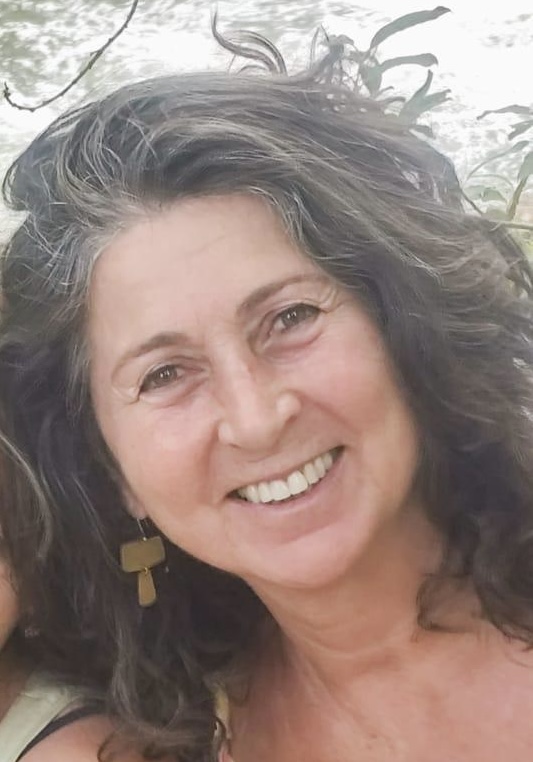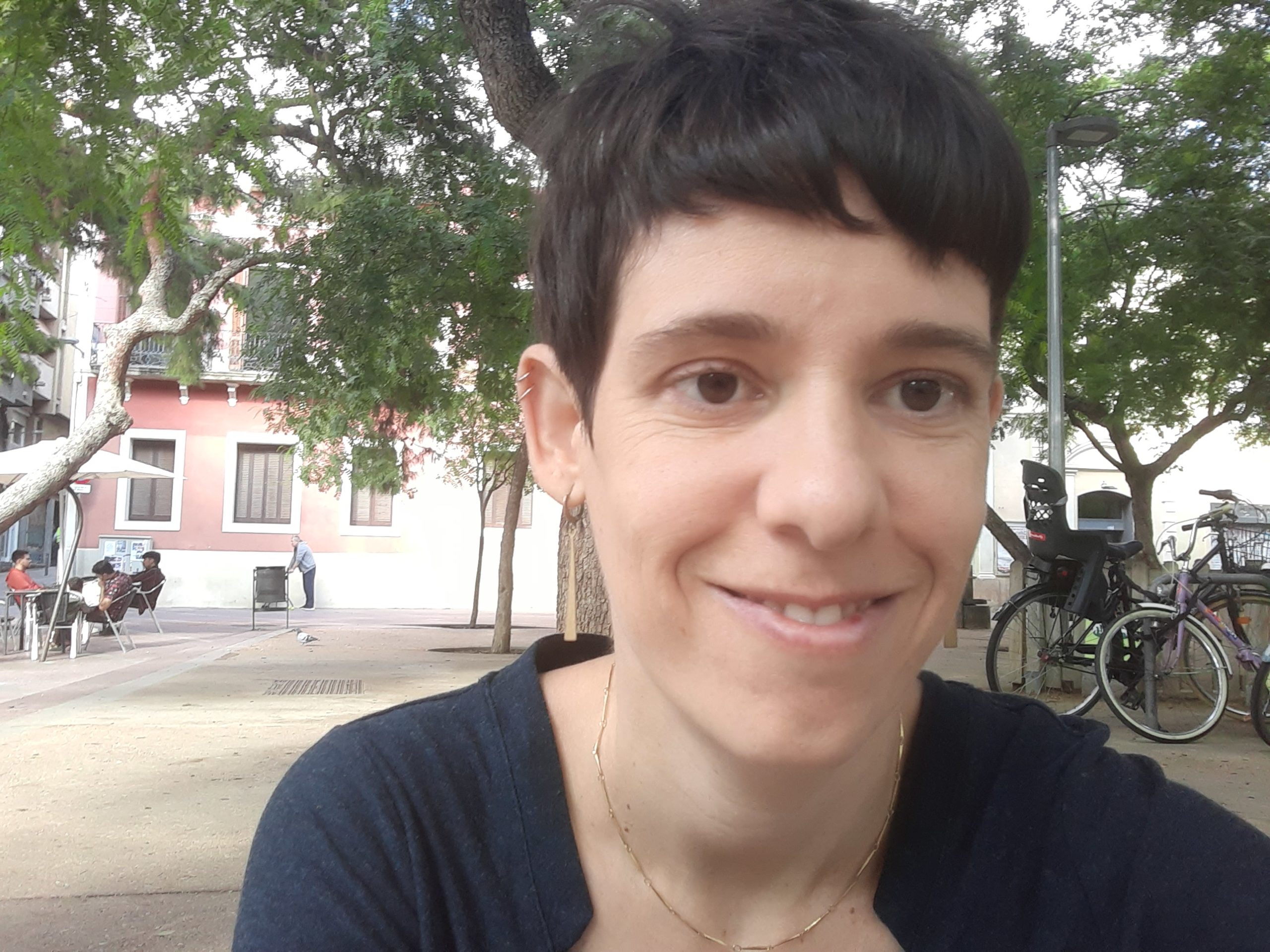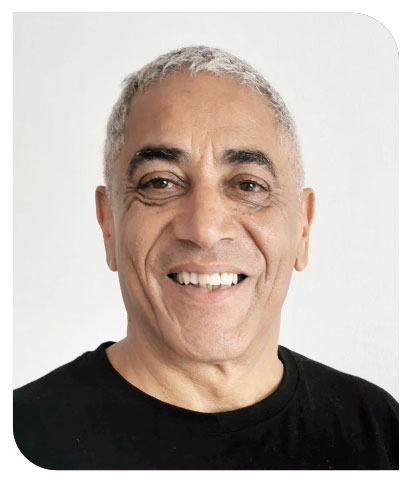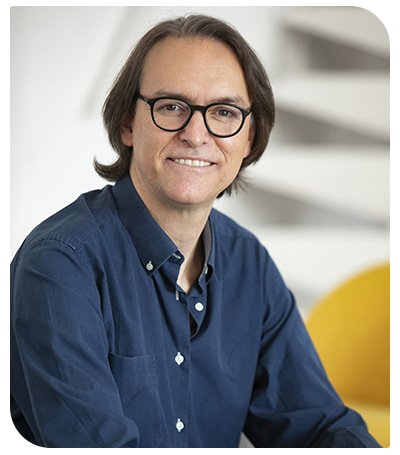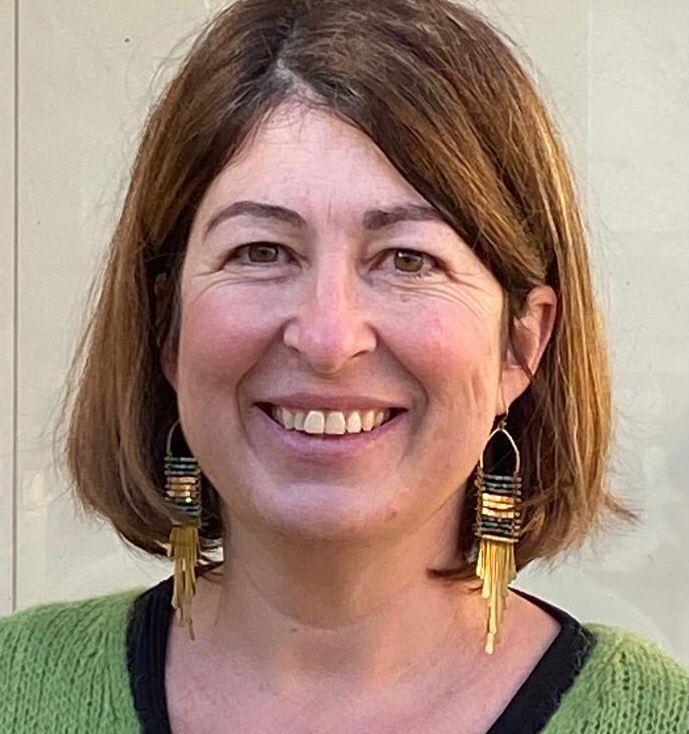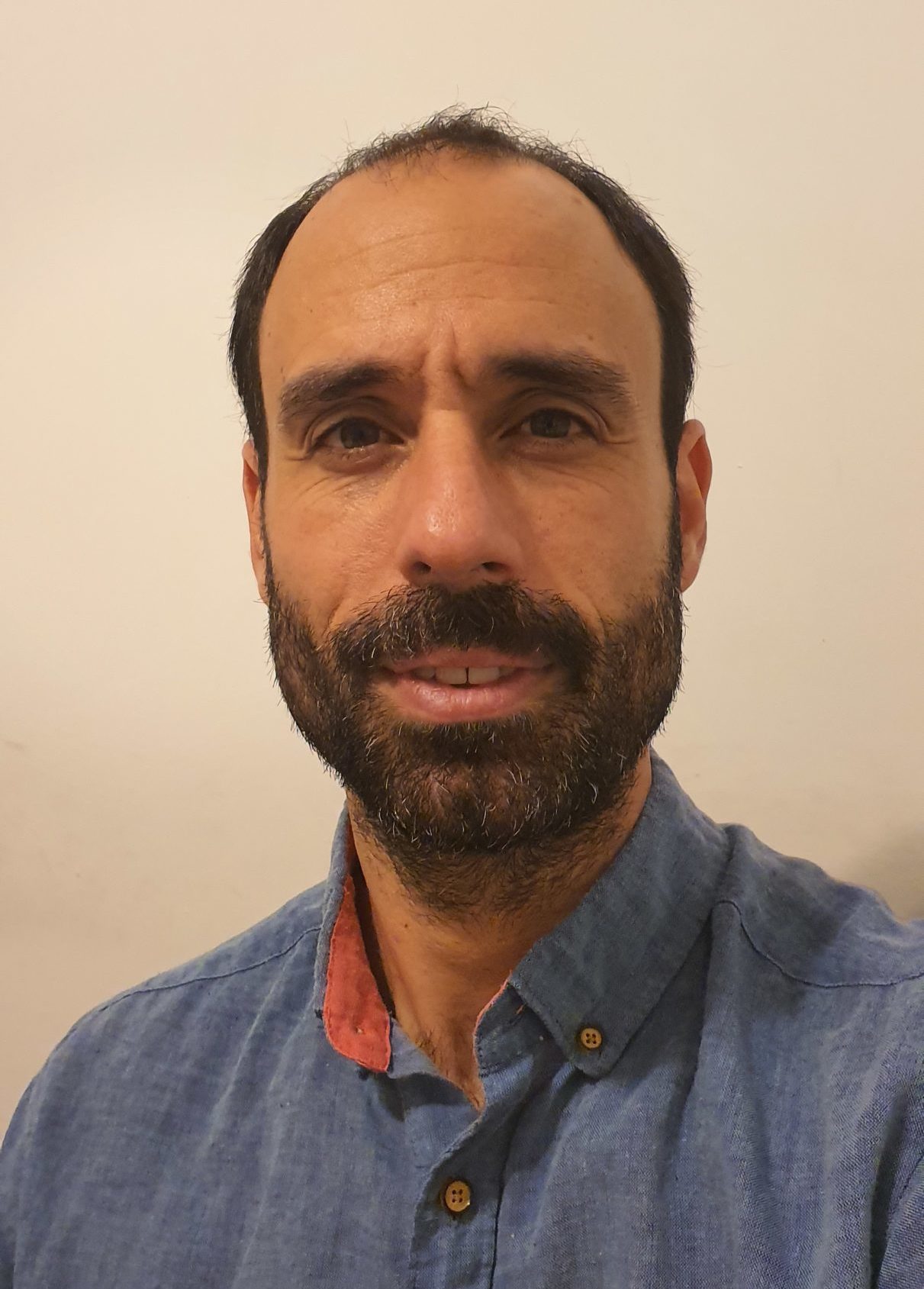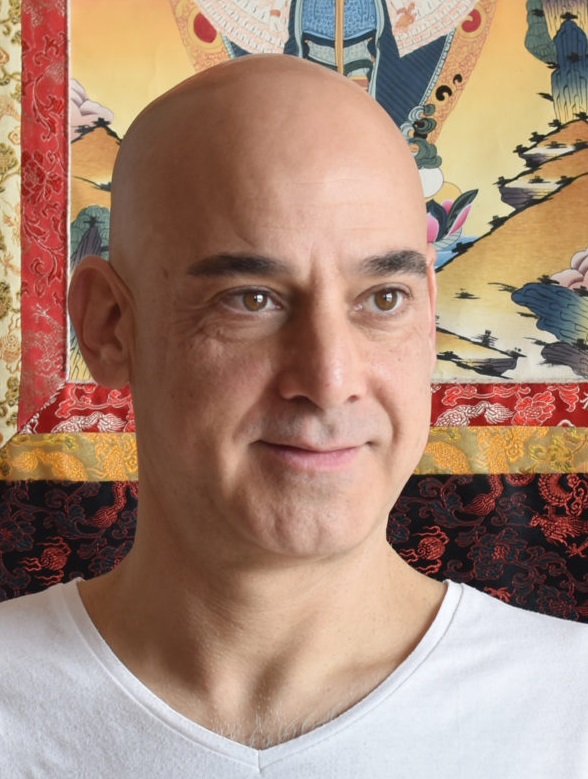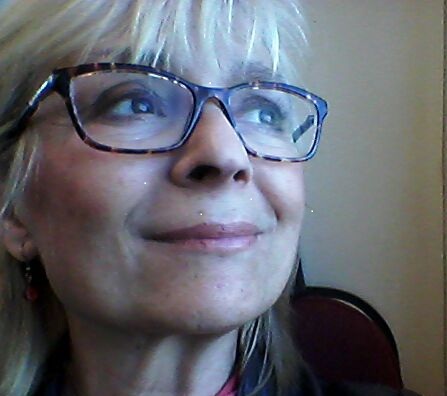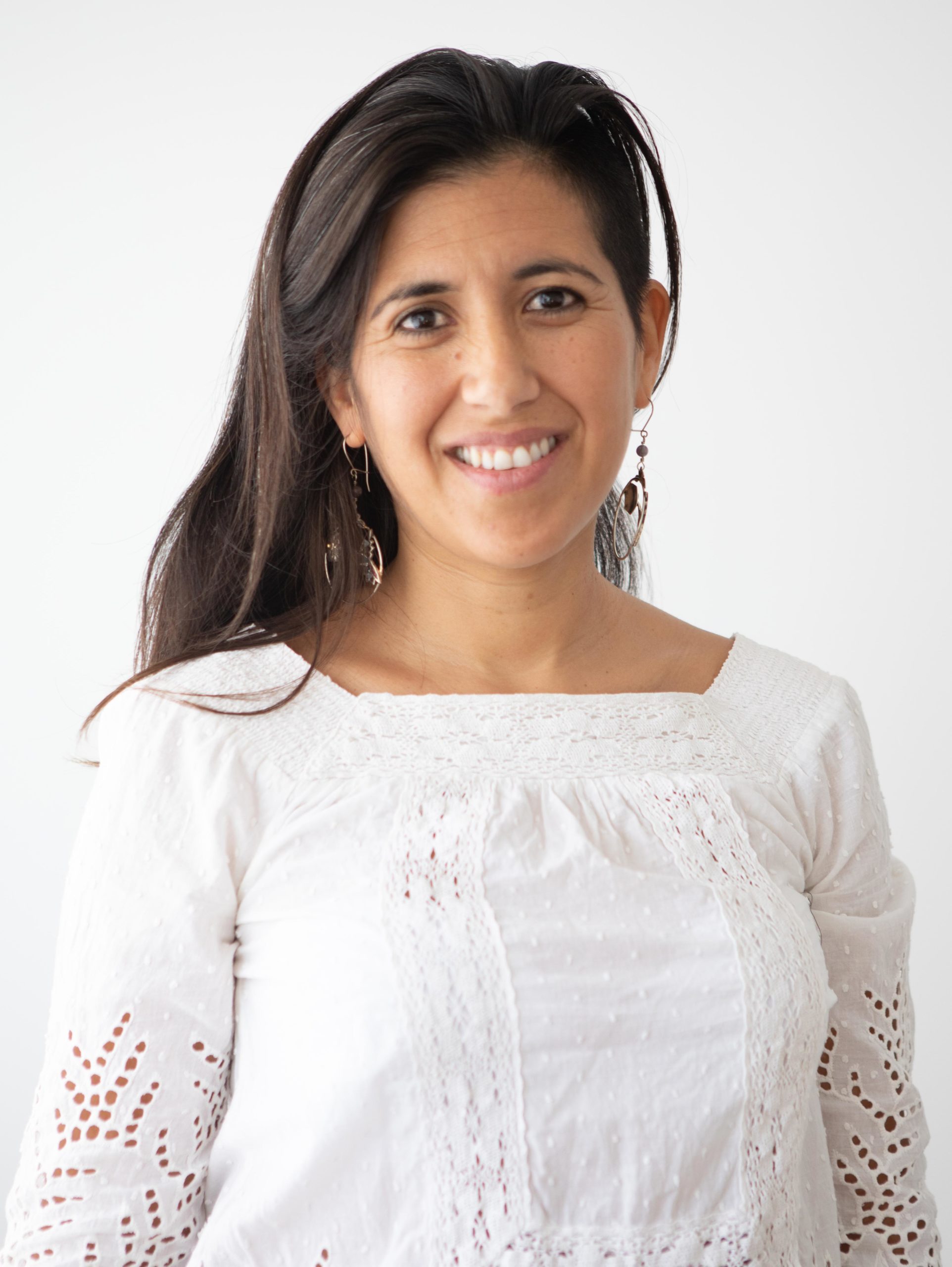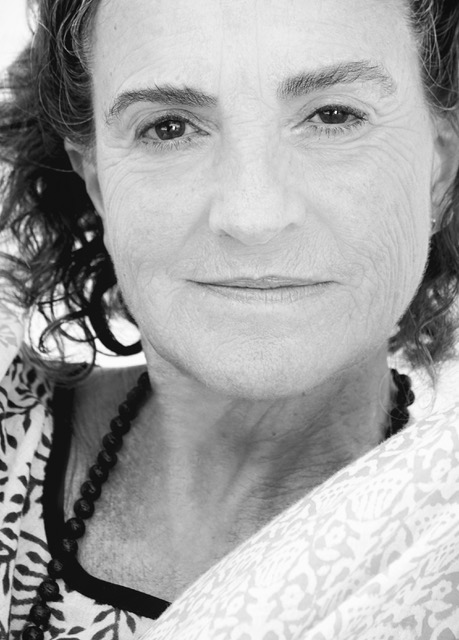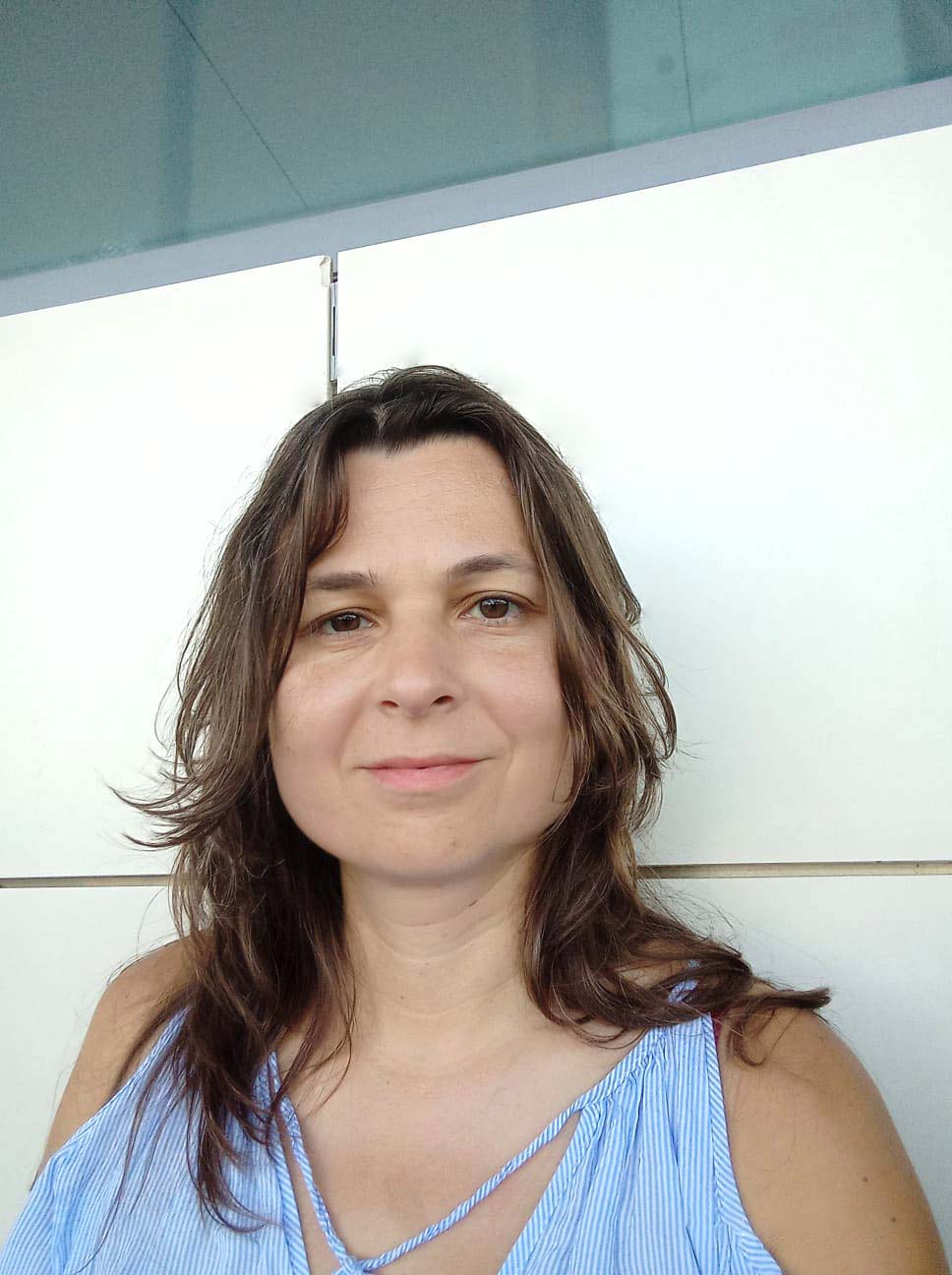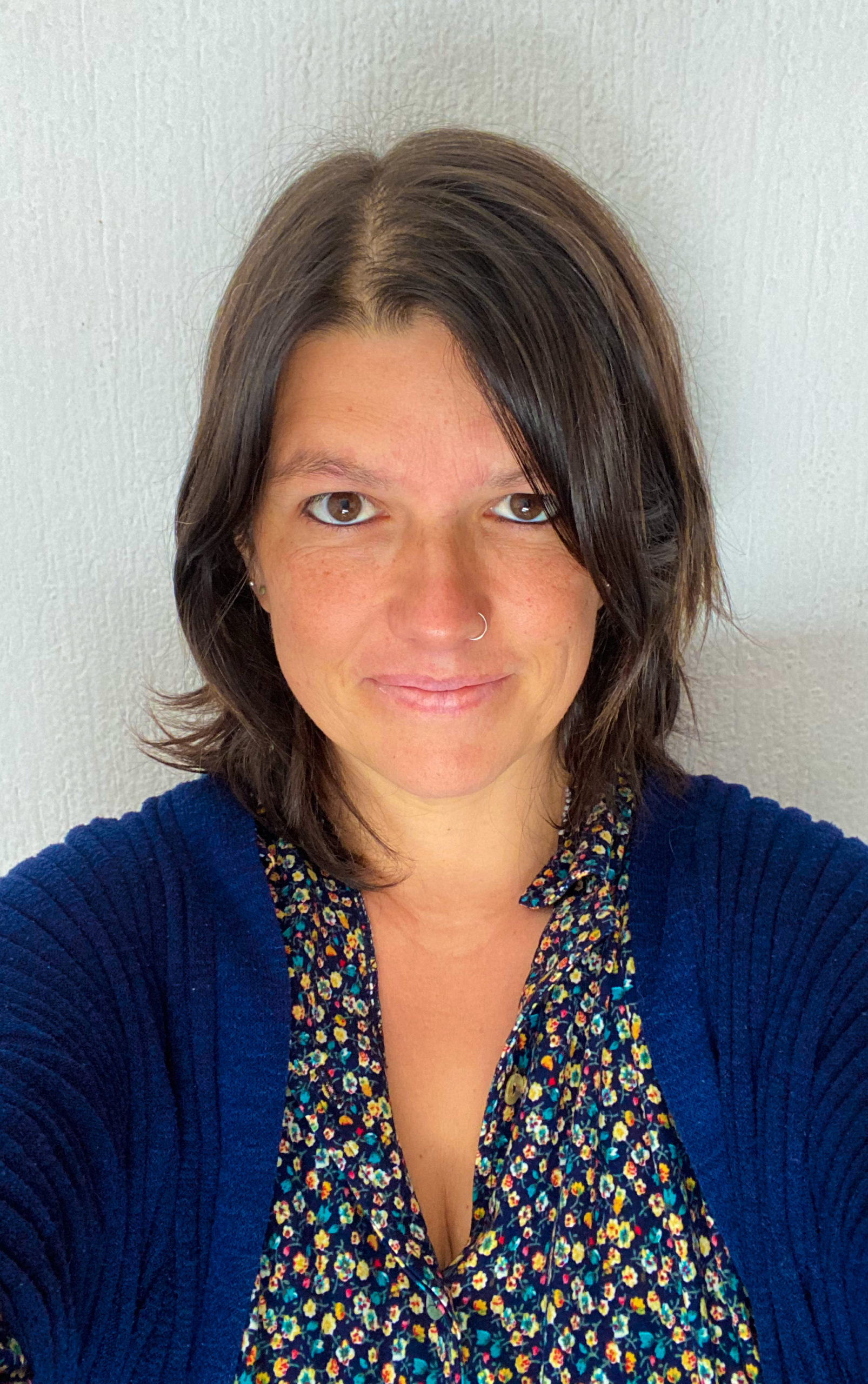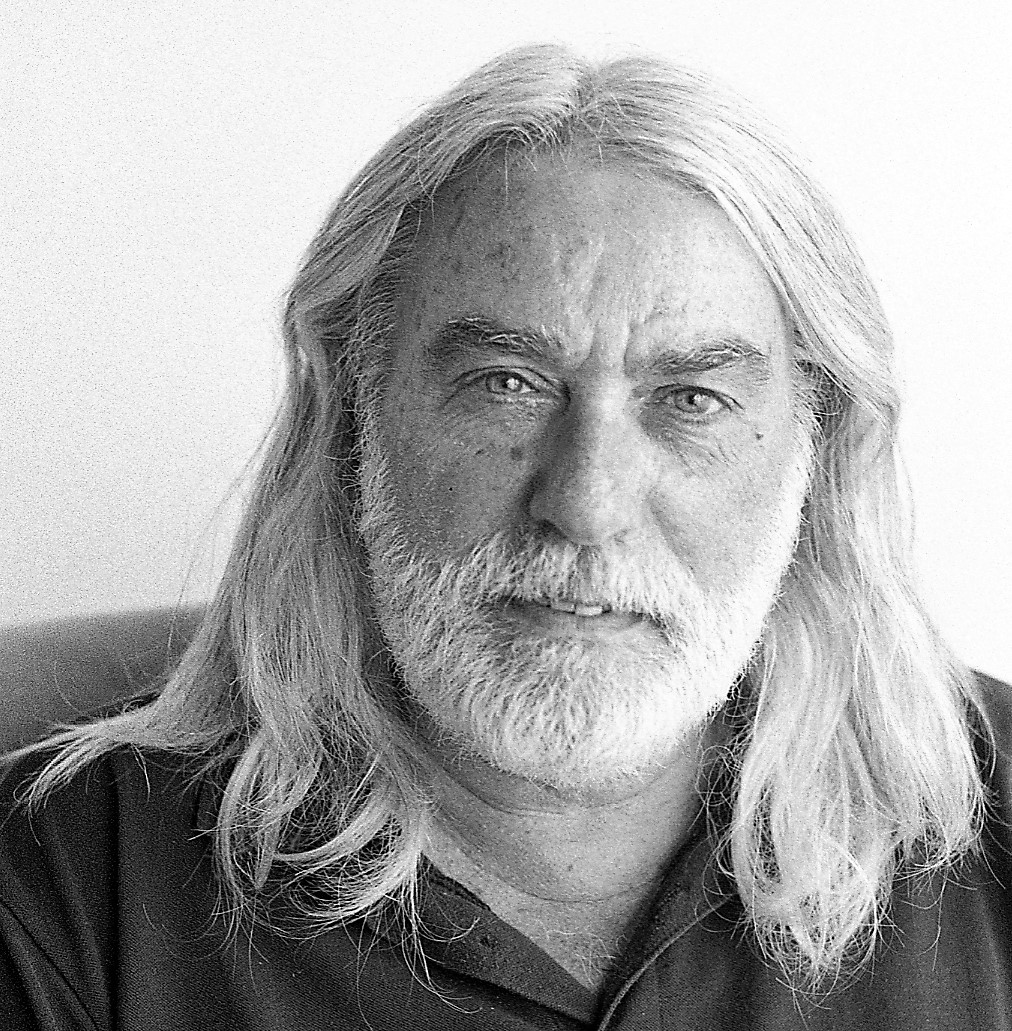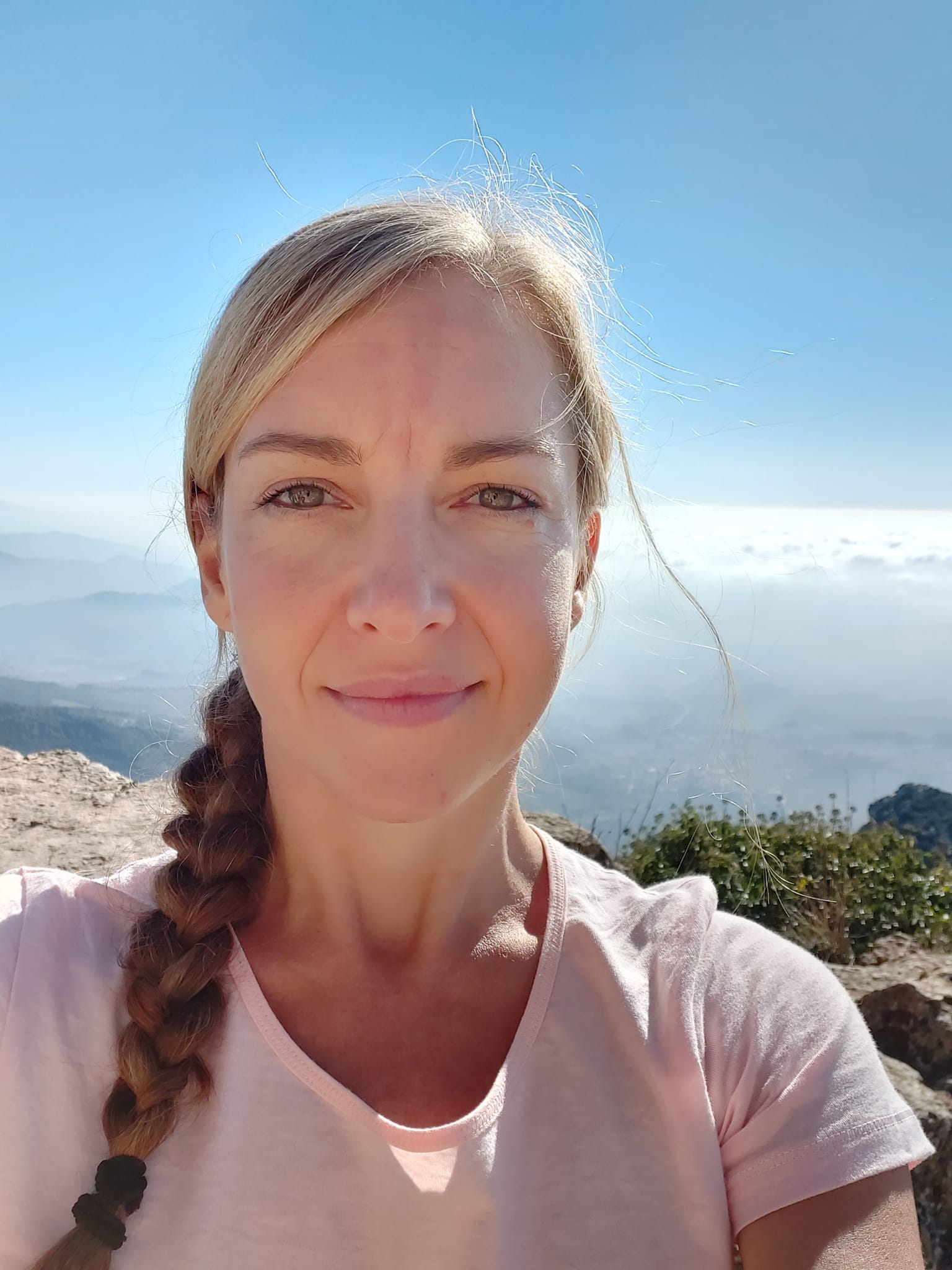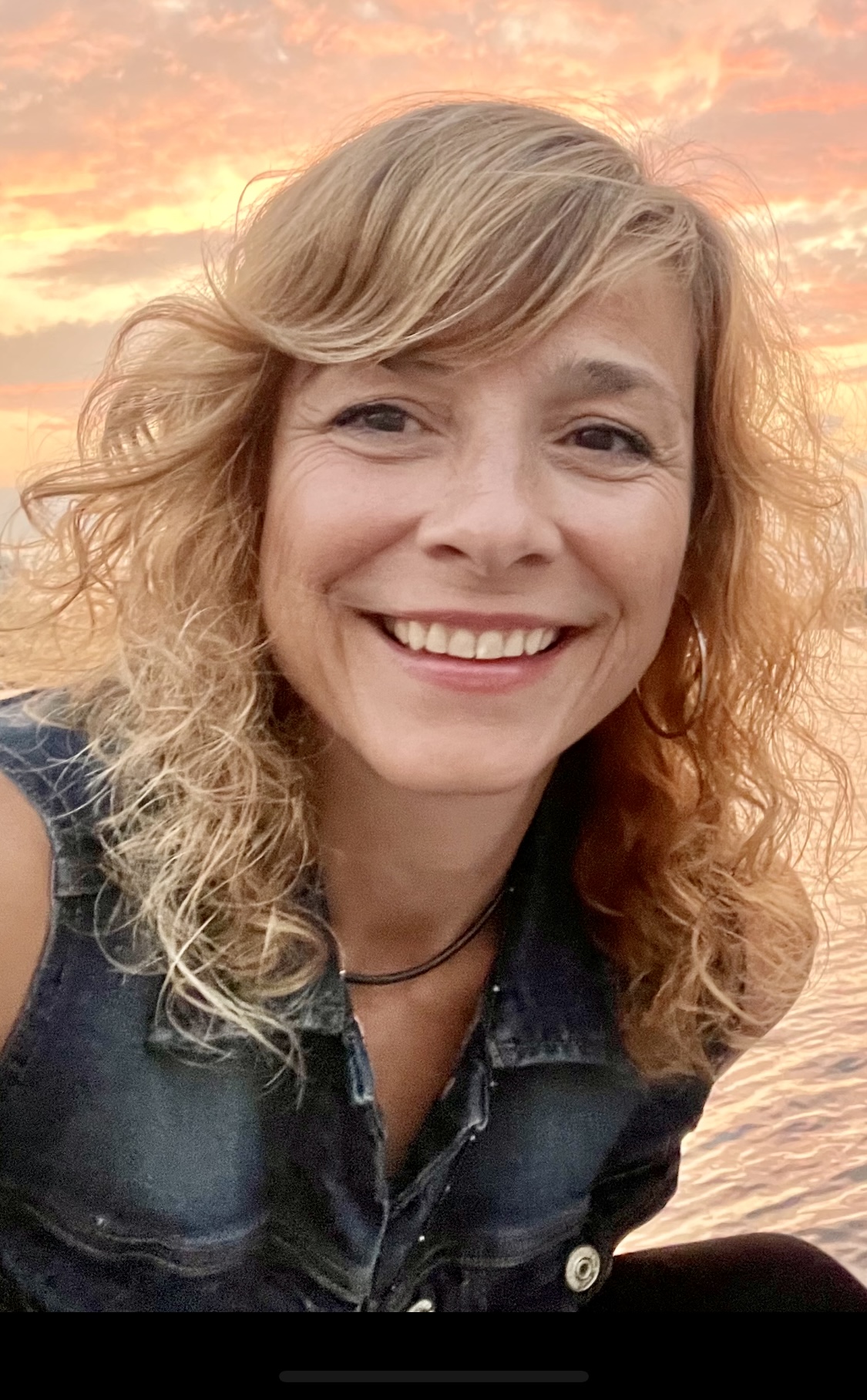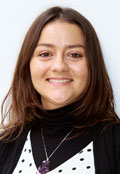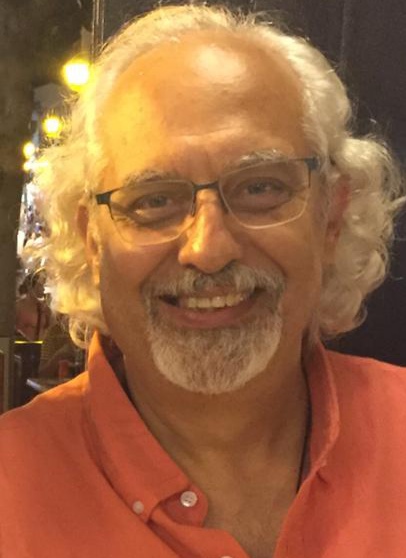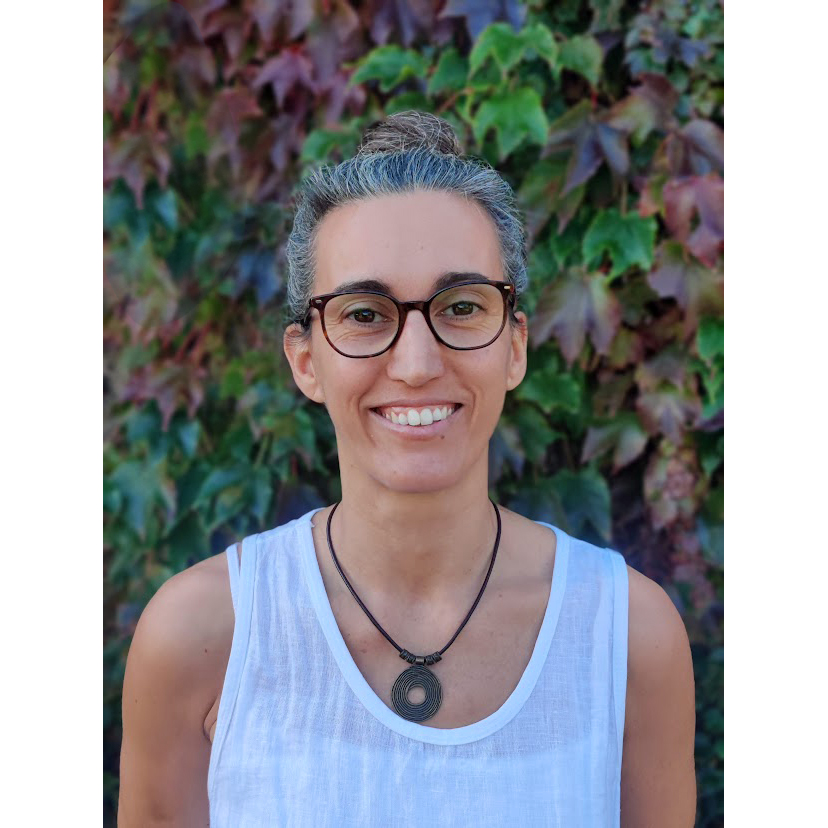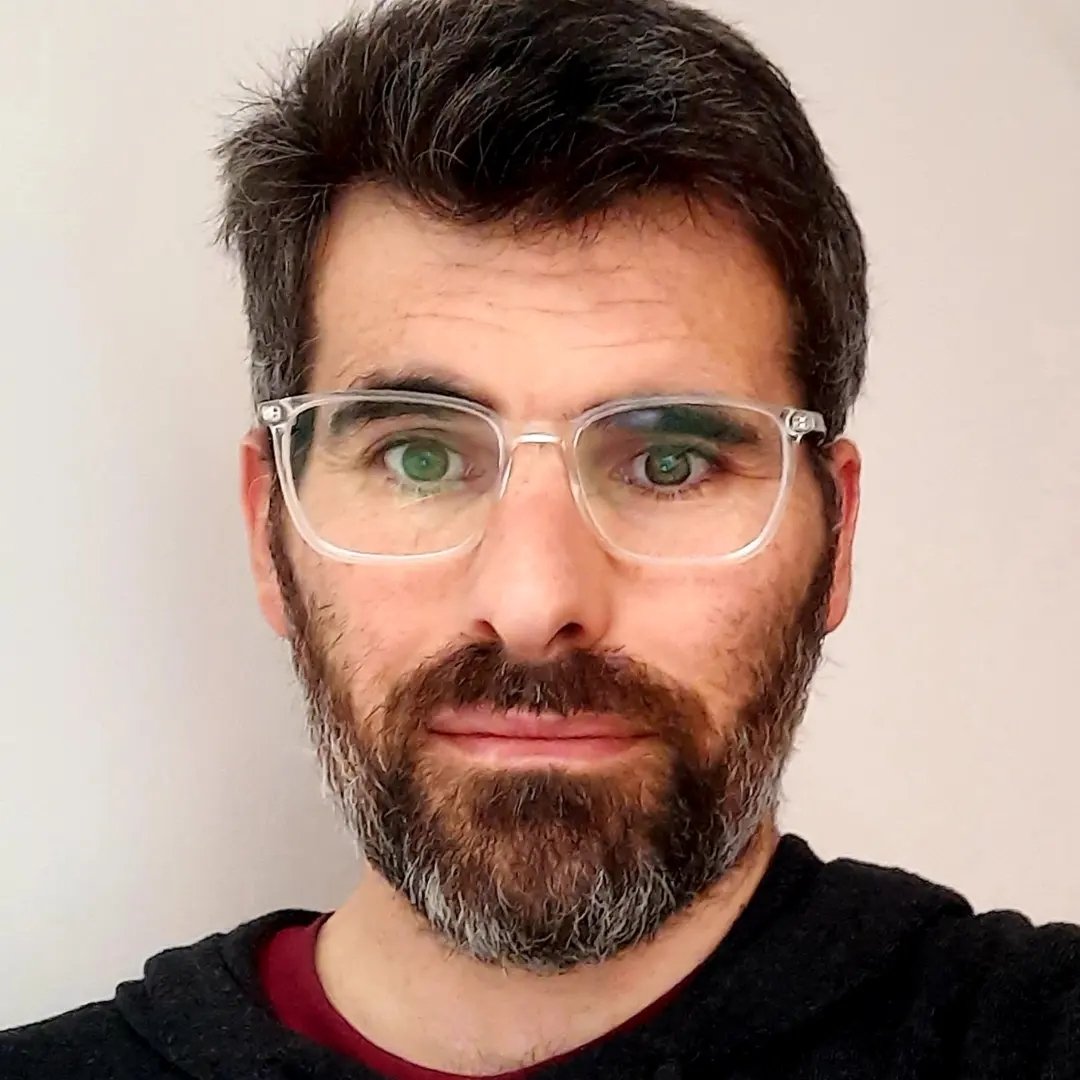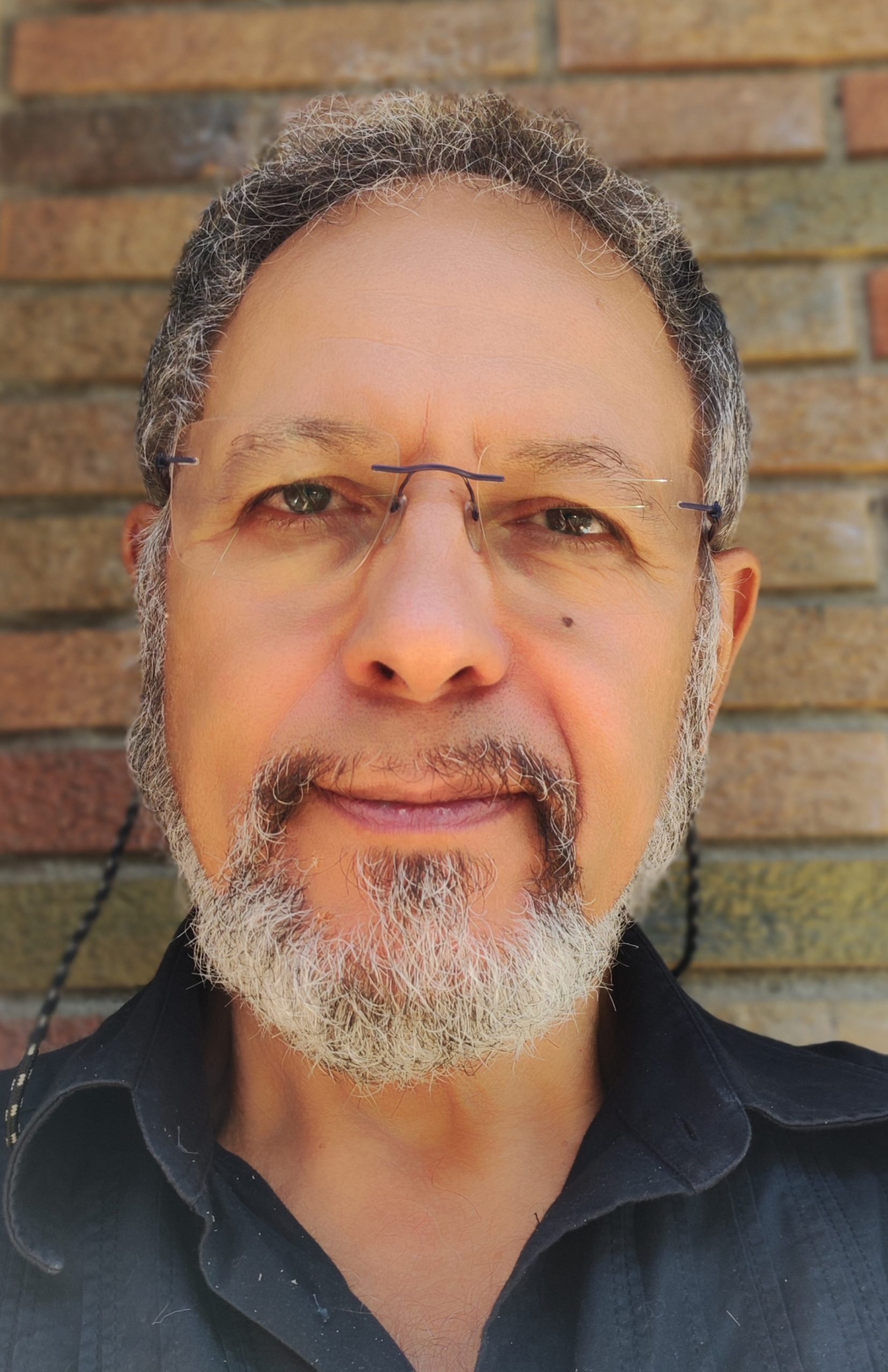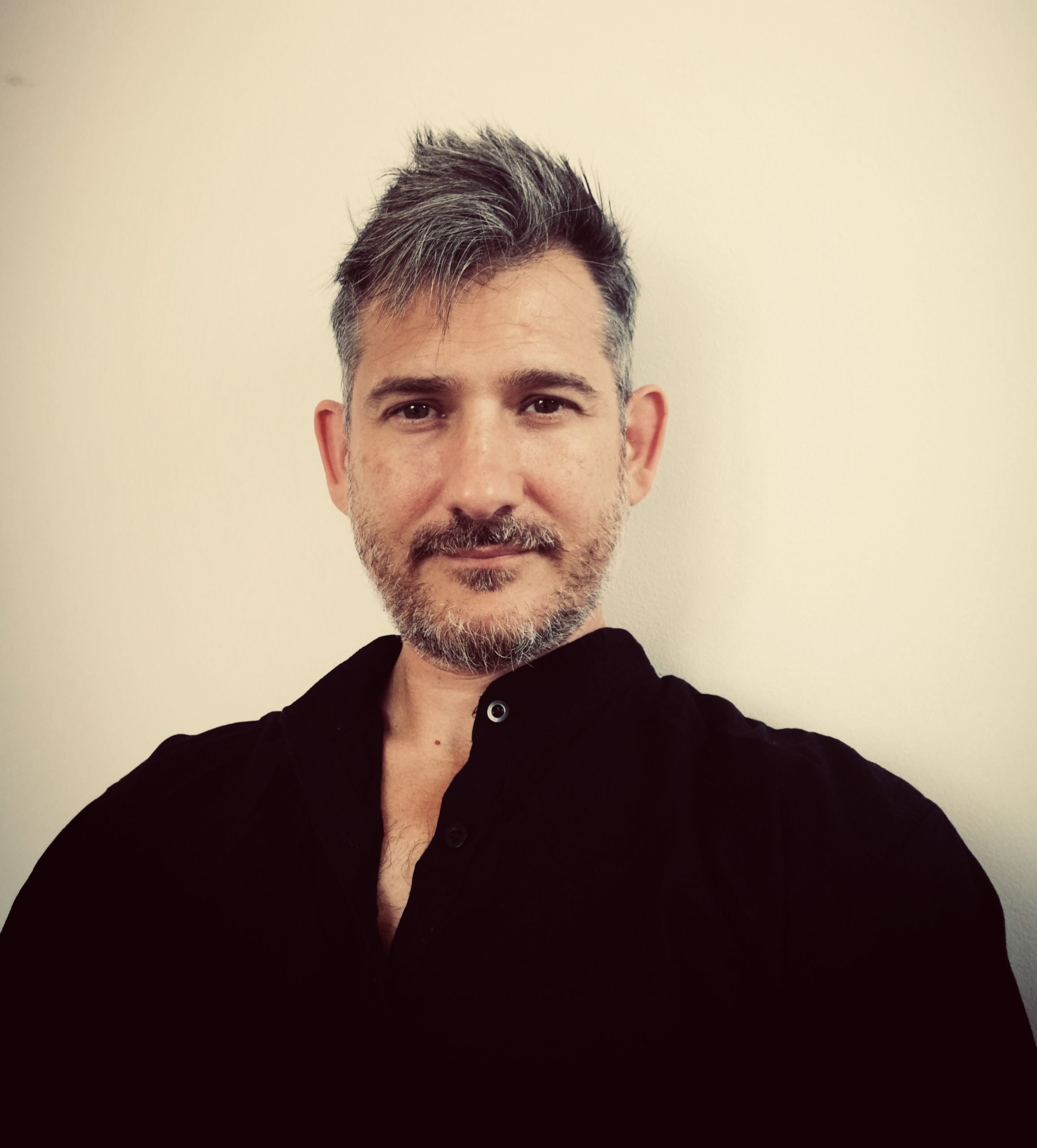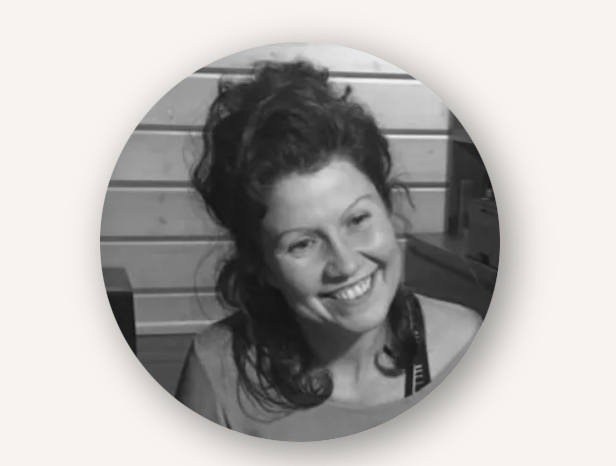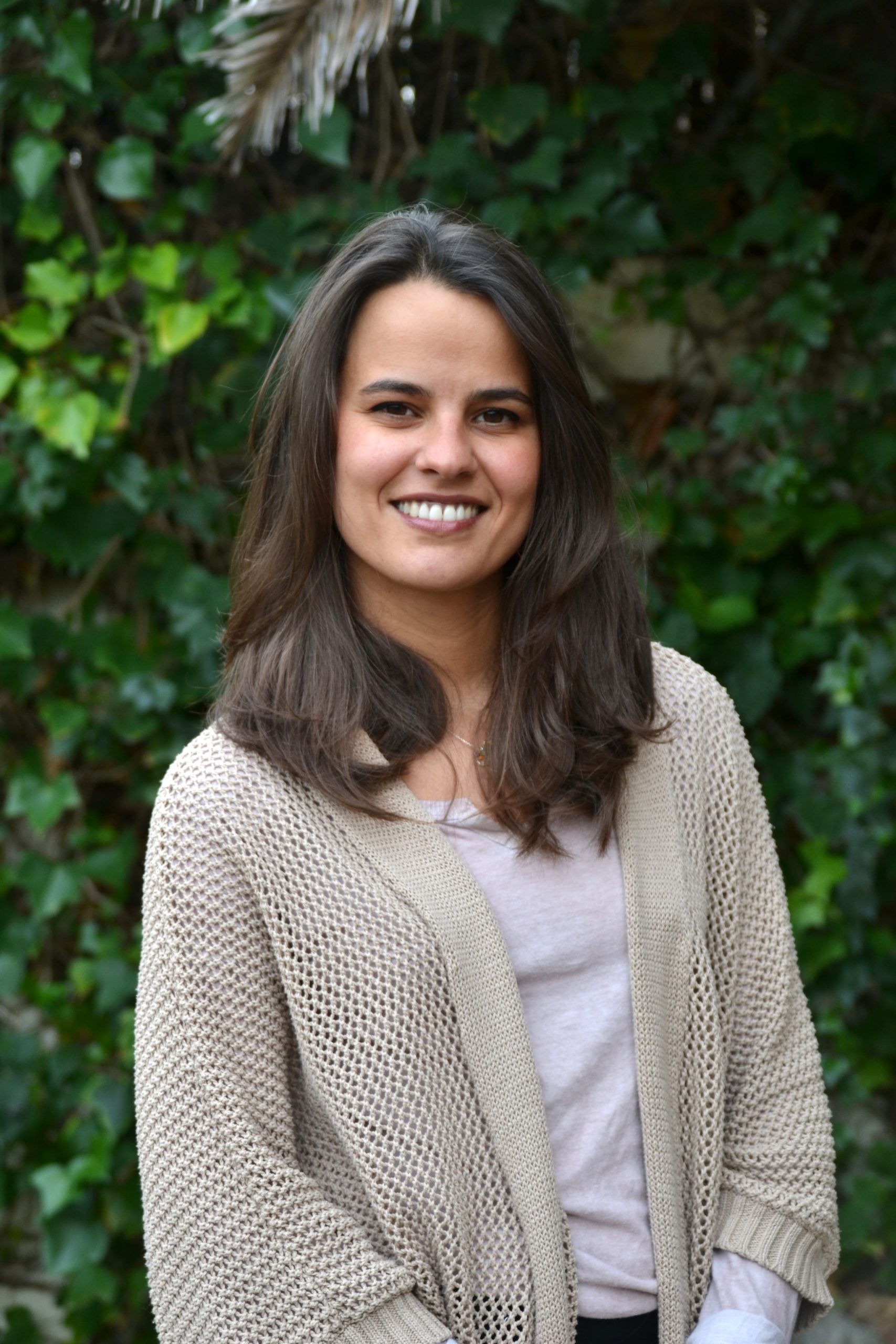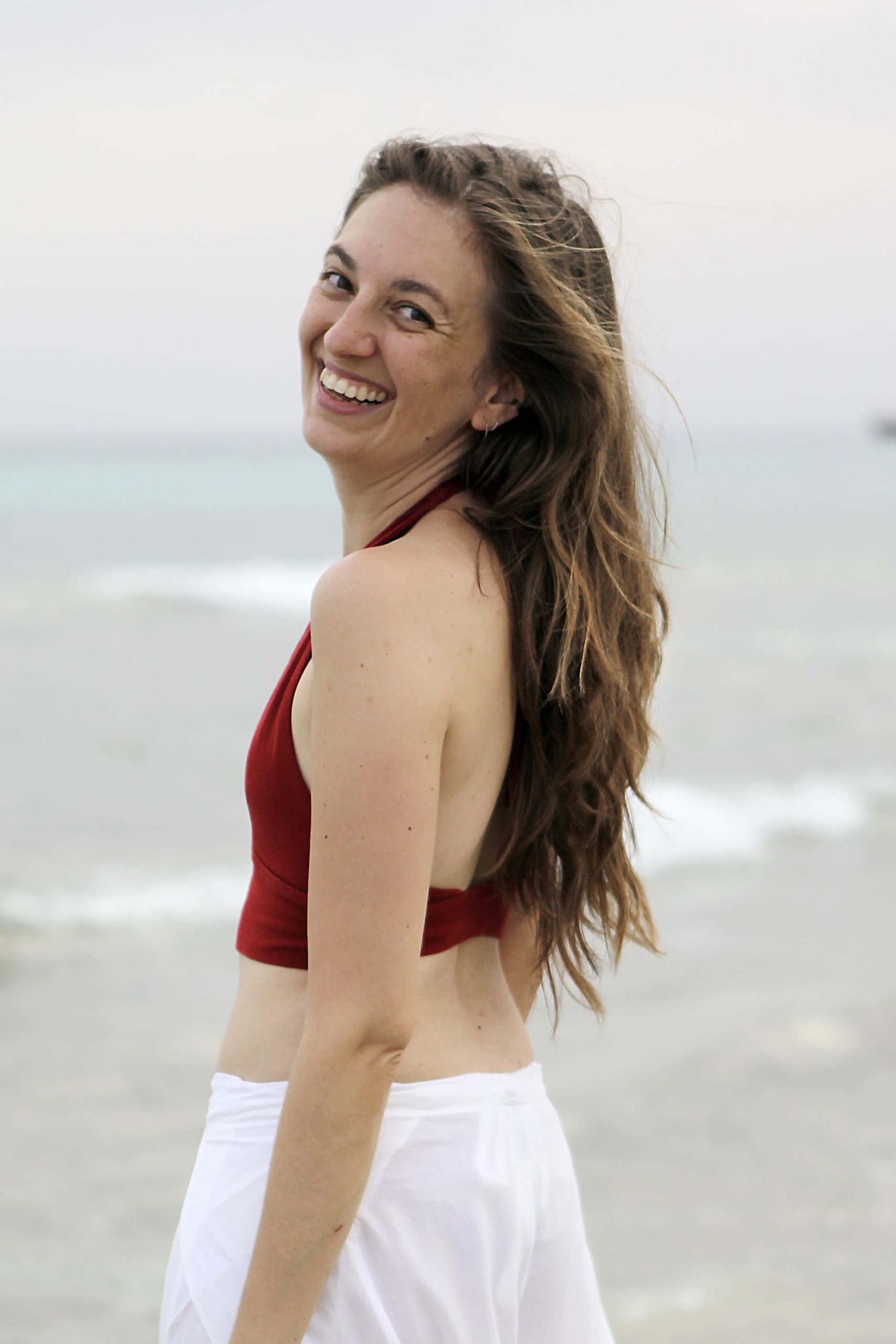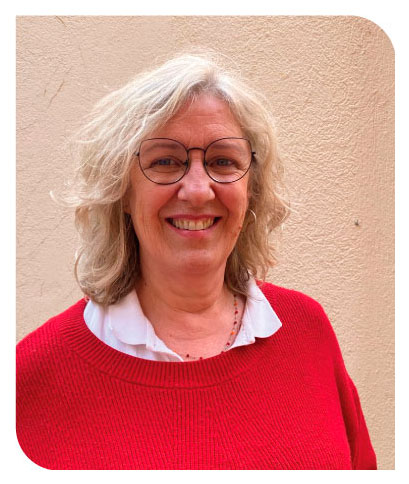Motherhood and self-knowledge: When your cry is my cry
Becoming a mother can be, and it had better be, a great revolution in women's lives. Both for the most beautiful part, the part that we like to highlight so much these days, and for the difficult part that we prefer not to show.
The point is that we cannot escape its power. We cannot mother from any other place than ourselves, with our virtues and our childhood wounds. So parenting can be a gateway to self-knowledge and personal growth. If I choose to do so, of course. No one had ever told me about the violence of society hitting my birth.
No one had told me of the deep silence of those nights of breastfeeding, nor of those critical moments that tested my capacity to love and to see through the eyes of the other. No one had told me of the gut instinct that would awaken in me, of my pain with their pain, of my inability to self-regulate, of my inner child crying with the child in my arms. No one had told me about the movements and difficulties that arise in a couple with the arrival of a baby, about my changes in sexuality, the profound changes in values. No one had talked to me about how I would see my mother after I became a mother.
Our limitations in the process of motherhood, that which fills us with doubts, difficulties and does not allow us to be authentically present, are constituted by our character, by our own marks of childhood. And here we are, pretending that our children manage their emotions and regulate themselves without even having managed to do so ourselves.
Self-regulation is understood as the spontaneous, visceral capacity of every living organism to seek its equilibrium. It is natural and life-oriented. The mother is fundamental for this process to take root; the mother can serve as an "anchor" for the baby to learn to self-regulate. If she herself has not been respected in her infantile subjectivity and in her biopsychological times during her childhood, in an environment where love was breathed, it is very difficult for her to understand this with her guts.
Hence the importance, in the field of prevention, of the personal work of the caregiver; since we are constantly reproducing our wounds, which are intrinsically part of us, we cannot leave them on the bedside table.
Thus, we move from the idyllic fairy tale to a very different reality: sleepless nights, crying, intense smells and a great deal of loneliness. In the "she-wolf's cave", all the vital and affective capital that was built up in her early childhood is put to the test. We continue along the precious journey of accompanying the development of a life, that of our children, and we come across different moments.
Like when you start to hear "No, I'm on my own!", "Ete no! ete! ete! no! No!" or when faced with the conflictive awakening of sexuality that is so upsetting in a repressed and prejudiced society. Until we reach the crisis of readjustment that erupts with adolescence, that period when parents and children can rediscover each other and compensate for the shortcomings inherited from previous phases.
So, far from looking for a recipe book on how to be a good mother, it is about looking inwards, reviewing our own childhood experiences and naming what was not named. Only by paying attention to the child you have been can you authentically understand your children and reconnect with the innate wisdom that every woman brings with her, which tells you at every moment what you need and what your child needs, tells you how to act and how to intervene. An instinctive and natural wisdom, in tune with life.
I understand motherhood as a new opportunity to grow, mature and evolve towards health. An experiential river that inevitably runs to the confines of beliefs, assumptions, reasons to give way to a great love, a love that sweeps, that surpasses known limits, a love for all the children of the world and for humanity, a love for life. Blessed task and I am eternally grateful!
Loelia Campos. Gestalt Therapist.
Trained in Childhood and Neurosis Prevention with Evanía Reichert.

